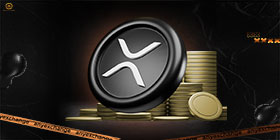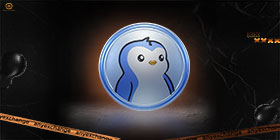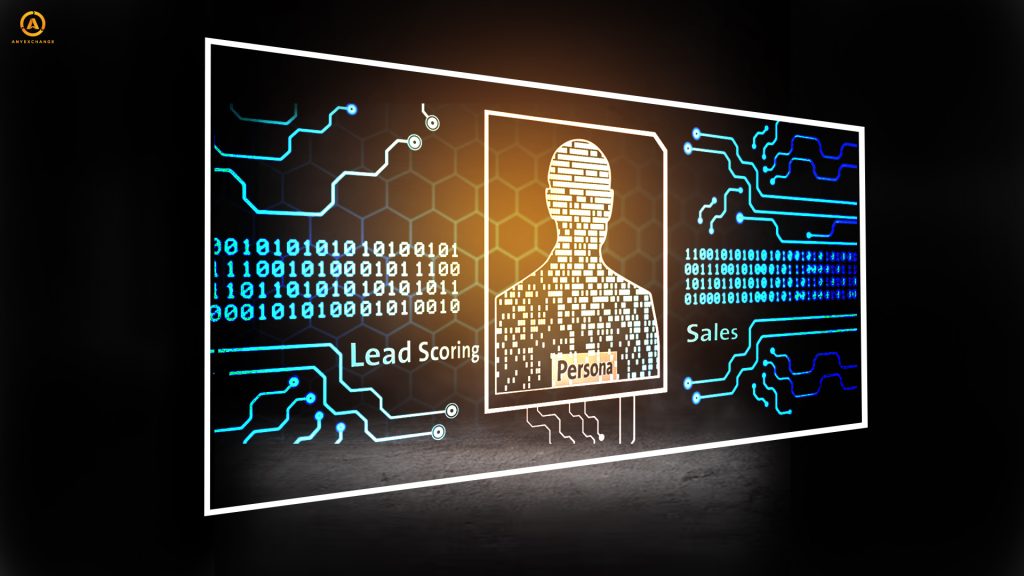
Each of us stores digital personal data in order to lead a full online life and to perform actions without which the existence of a modern person is impossible: we log in to accounts, perform financial transactions, and contact government agencies. And everywhere we go, we need to verify our identity with our account password, passport copy, tax ID number, bank card PIN code, or other means of identification. Our personal information is scattered across centralized databases of companies, government agencies, and services with which we are in constant interaction.
In the current movement of humanity towards sustainable development, privacy issues have received enormous attention. Major international organizations of the highest level, which set standards in the main spheres of human activity, introduce various measures to prevent the negative impact of certain evolutionary processes in society on human rights and freedoms. In the process of digitalization of all spheres of life, a person and his/her activities become more visible and, consequently, more vulnerable in terms of preserving personal space. In particular, the Principles of Identity for Sustainable Development: Towards a Digital Age, published by the World Bank in 2021, set out a detailed list of rules to be followed in the design, implementation and management of digital identity systems. Digital identity systems must be based on user consent, be fully inclusive, and ensure privacy without violating human rights and freedoms.
Today, as online interactions have become the norm, how can an individual protect themselves from theft, fraud and other malicious behavior on the Internet? How can an organization, online platform, or government establish a trusted relationship with each individual? Identity verification is becoming increasingly important, both for individuals and for maintaining the integrity of the systems that interact with them.
Blockchain technology holds great potential in the way information is stored and used, improving on the principle of centralized methods used in today’s world. Blockchain technologies in identity create an environment where each individual can fully control and manage their personal data, deciding to what extent and to whom they grant access.
“What is digital identity authentication?
It is a process of confirming a person’s identity (digital identity) based on information about a person that exists on the Internet. It is a record of an individual’s online activities that have been stored online in one way or another (from search queries, social media activity, geolocation, and bank card numbers to electronic identity documents).”
Digital Identity on Blockchain
Currently, the personal data that make up a digital identity are usually stored in centralized databases (State Register, State Automobile Inspectorate, Google, online platforms we use, applications installed on our devices, etc.). Online platforms, within the limits of their integrity, competence and technical capabilities, guarantee the non-disclosure of personal information to users. However, we all know cases where users’ personal information is used for fraudulent activities, not only to track the behavioral characteristics of the target audience. Spammers and phishers can use your name to send malicious or extortion messages. Attackers can hack into your wallet on a marketplace or even steal your biometric data, opening up endless opportunities for fraud.
Blockchain-enabled identity management is being hailed by experts as a revolution in digital identity. The immutable nature of distributed ledger systems provides a trusted source of objective information, ensuring the secure storage and integrity of users’ personal data for digital identification. Decentralized applications operate independently, decentralized Web3-internet does not require the involvement of intermediaries and creates all the conditions for the user to be the sole owner of his personal information. Decentralized identification gives a person the ability to store personal data in a single account and use it whenever they see fit for any purpose from verifying and authenticating on the blockchain to obtaining medical services or employment. The user creates and manages their own decentralized digital identity.
Digital Identity Tools and Use Cases
Verifiable Credentials (VC) standard
The VC standard was approved in 2019. The World Wide Web Consortium (W3C) recommended it for widespread adoption as a convenient and reliable tool for digitizing and verifying identity documents. Verifiable credentials are a digital alternative to physical documents (such as an educational diploma, driving or service license, passport, various certificates, etc.) that can be used to confirm identity on demand or as needed. Identity data is stored in the form of tokens in non-custodial wallets and can be verified by external systems if the user wishes to disclose all or some aspects of their identity when interacting with third parties.
Soulbound Tokens (SBT)
Such a poetic name for this identification tool derives from the concept described in the article “Decentralized Society: in search of the soul of Web3”. The materials were prepared by Ethereum programmer and co-founder Vitalik Buterin, economist and senior researcher at Microsoft Research Glenn Weil, and lawyer and social technologist Puja Ohlhaver. The concept describes a society that is decentralized to the extent that it consists of a multitude of souls with an infinite number of possible interrelationships. And one person (soul) in it becomes the center of society management.
The authors assume that the modern development of Web-3 technologies has “no soul” both literally and figuratively, there is no place for each individual person. Soulbound tokens (soulbound tokens) in this concept symbolize and are a record of events that happen to a person throughout his life. Education, birth of children, acquired skills, achievements, crimes and everything that he has done can be represented in the form of SBT. Moreover, these tokens should not be created by the individual himself, but should be emitted by other “souls”, and then they will be truly valuable.
In other words, according to this concept, a “soul” in the applied sense is a set of Soulbound Tokens that contain credentials related to a person’s life activity and are tied to a single account (Soul) to which only the person has access. SBTs are essentially NFTs (“Non-Fungible Tokens”) in that each one is unique. The key difference is that Soulbound Tokens cannot be bought or sold. After all, you can’t sell your soul.
SBTs describe a person’s qualitative characteristics and are like in-game achievement badges. And they can be tracked publicly, so it’s virtually impossible to fake the information. SBTs could be a revolutionary innovation in identity management and push the boundaries of Web3, not only bringing financial interactions into the digital world, but also creating an environment for deeper, real human relationships.
The integration of some form of SBT into modern systems is already well underway, as is its adoption at the government level. Earlier this year, it was announced that a group of technology companies (IDnow, IOTA Foundation and walt.id) are developing an SBT-based systеm to help cryptocurrency accounts comply with recently developed EU legislation. Revised EU regulations require enhanced AML and KYC controls for cryptocurrency transactions while maintaining the privacy of data owners. AML/KYC-compliant SBTs will be the key to solving this contradiction — identity verification will be done without providing personal data.
Other examples
Benefits of digital identities on the blockchain
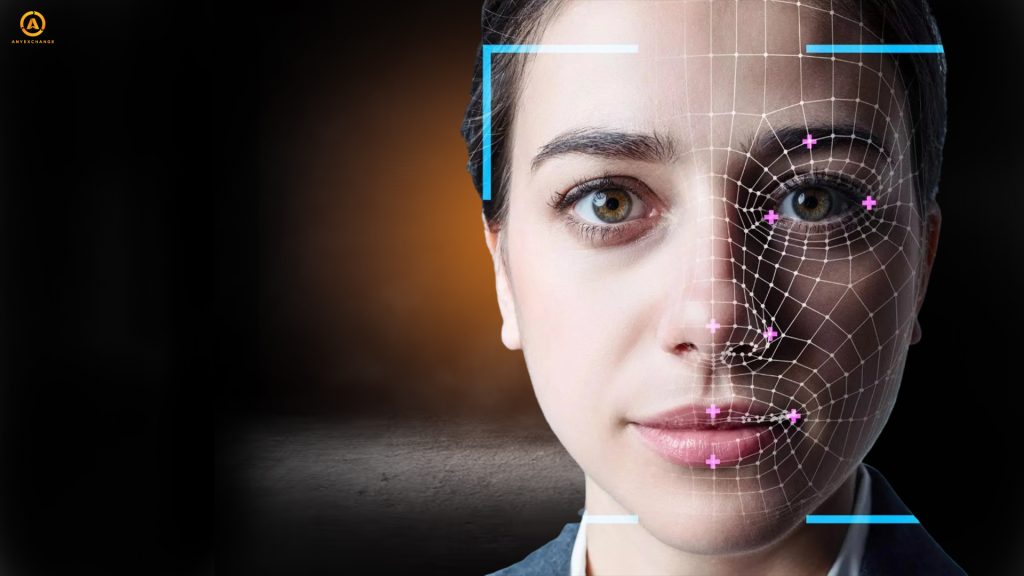
The future of digital identity
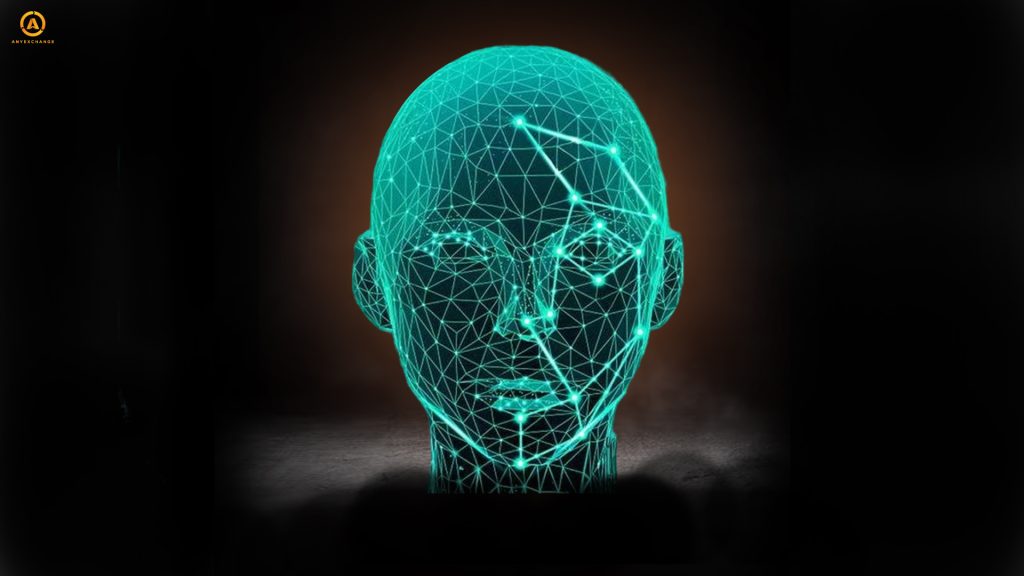
Decentralized Digital Identity is an innovative approach to digital identity management that puts us back in control. Today, everyone wants to manage their own identity, and the challenges this presents to society lead to the prospect of decentralized digital identities.
The role of blockchain in the fight against fraud cannot be overstated. Blockchain is becoming more and more commonplace in government, and it is rare to find a large enterprise without decentralized digital identities in business today. At the same time, the decentralization of identity, while respecting privacy and security regulations, allows people to reduce their dependence on governments and corporations and expand the boundaries of personal space.
Thank you for your time!
AnyExchange is an exchanger specializing in cryptocurrency conversion for over 5 years. On our platform you can exchange your assets at the most favorable exchange rate . One of the directions of our services is fast and secure
money transfers all over the world.

